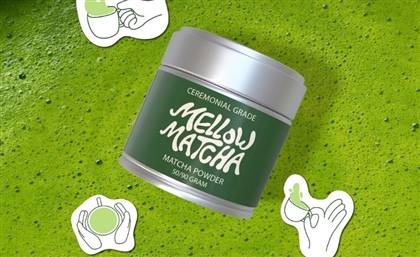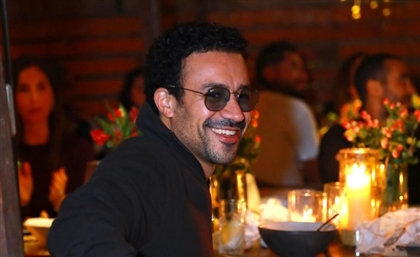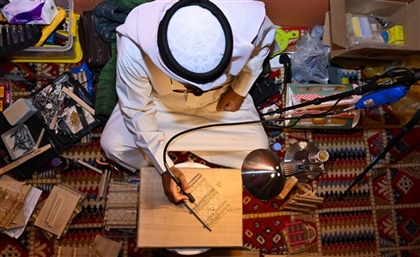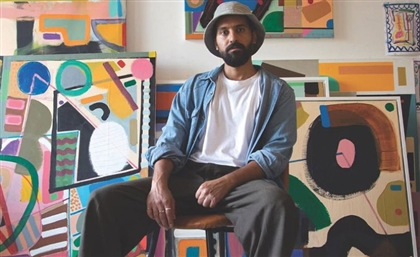Let the Trees Tell: The Story of an Olive Grove on Cairene Land
Olive oil always carried its mysteries - but as we learned from Rammah Olive Grove, a lot more than we imagined is at stake.
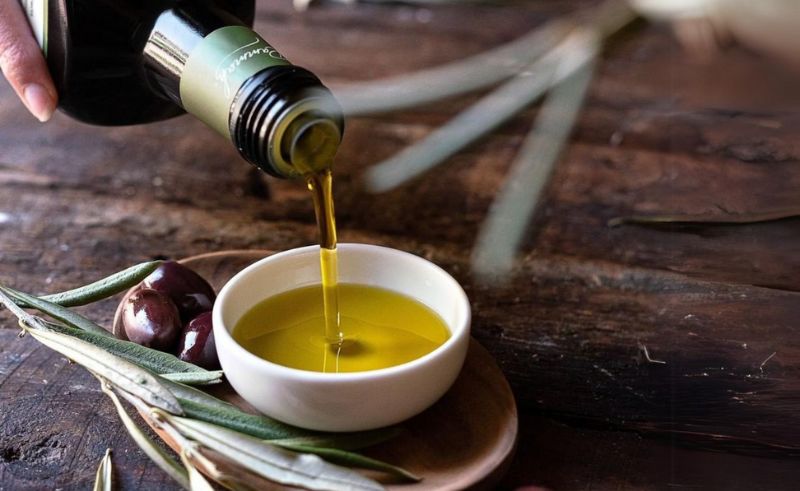
Once upon a time, two generations ago, a man called Mohamed Naguib Rammah was confronted with a number of health issues and, upon recommendations from his doctor and friends, started to incorporate olive oil into his diet to work against them. 15 years later, the Rammah olive grove has blossomed into one of the most finely-tuned distributors of premium olive oil in the country, and the olives that power it stand to tell a tale that goes back nearly 70 years.
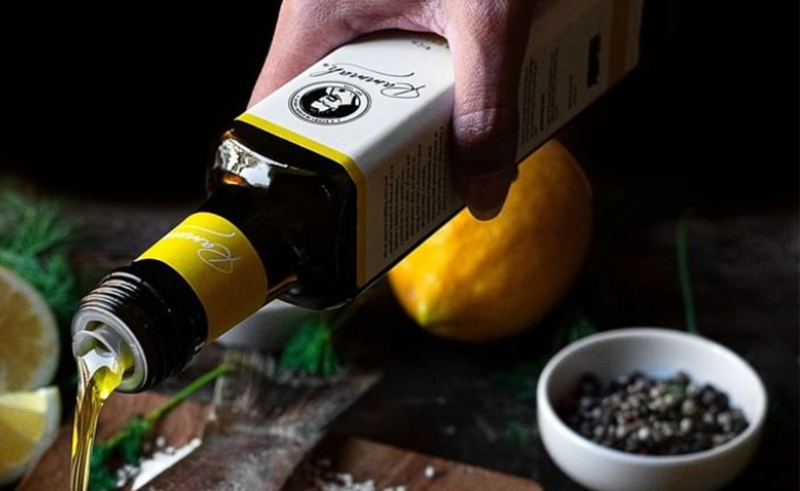 Before it became the Rammah olive grove, the land was grounds for an experiment that tested the ability of olive trees that previously did not grow in Egypt - think Italy, Spain and Greece - to grow in the local climate. This means that, to this day, Rammah produces olive oil that is completely different from that of the rest of the market, besides also producing Egyptian olive oil.
Before it became the Rammah olive grove, the land was grounds for an experiment that tested the ability of olive trees that previously did not grow in Egypt - think Italy, Spain and Greece - to grow in the local climate. This means that, to this day, Rammah produces olive oil that is completely different from that of the rest of the market, besides also producing Egyptian olive oil.
Bit by bit, Ramy Rammah, the Rammah successor, began being more involved in his father’s business. Years later, Mohamed Rammah handed down the grove to his son, Ramy, who was met by Mostafa El Shourbagy, and they began further developing the family trade. “When I met Ramy and he introduced me to his family’s olive oil, I was honestly shocked,” El Shourbagy tells SceneEats. “It was the first time I tasted olive oil that had such a distinct, discernible taste. It was delicious.”
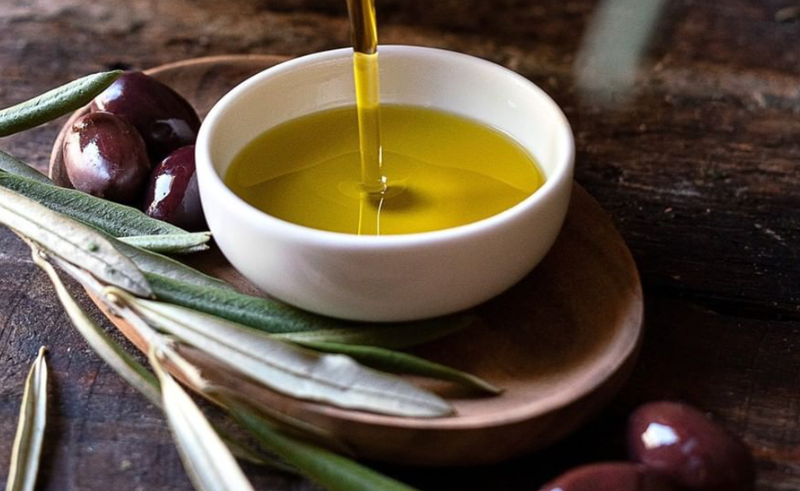 When his father passed, Ramy Rammah and El Shourbagy, along with the rest of the Rammah family, continued working on expanding the Rammah grove, paying special attention to including the senior Rammah wherever they could. They followed his method, and found an illustrator to immortalise the man’s legacy, using his image and his calligraphy on the logo. The grove became a way in which the whole family could express their love for their late father.
When his father passed, Ramy Rammah and El Shourbagy, along with the rest of the Rammah family, continued working on expanding the Rammah grove, paying special attention to including the senior Rammah wherever they could. They followed his method, and found an illustrator to immortalise the man’s legacy, using his image and his calligraphy on the logo. The grove became a way in which the whole family could express their love for their late father.
Where olive oil was stuck in between the pure, virgin and extra virgin labels, Rammah decided to advance in accordance with the global olive oil market. All of their oil is extra virgin; the real trick is what type you indulge in. The Rammah gallery boasts eight types.
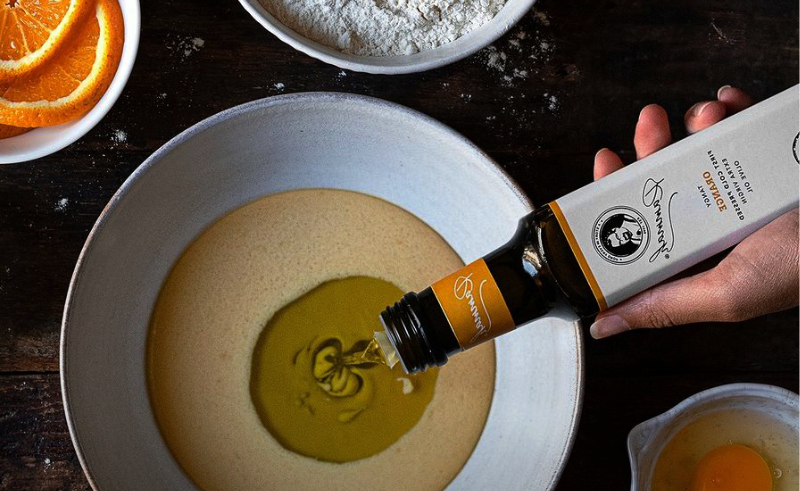 “There’s essentially three categories: blends, monocultivars and infusions,” El Shourbagy explains. “Blends consist of various types of olive oils blended together to represent a certain, for example, region. Our famous ‘Farm-Standard’ is one of those blends; one that represents the unique combination of olive trees that were originally found on the Rammah olive grove. Then there are the monocultivars, which include one type of olive pressed into premium olive oil.”
“There’s essentially three categories: blends, monocultivars and infusions,” El Shourbagy explains. “Blends consist of various types of olive oils blended together to represent a certain, for example, region. Our famous ‘Farm-Standard’ is one of those blends; one that represents the unique combination of olive trees that were originally found on the Rammah olive grove. Then there are the monocultivars, which include one type of olive pressed into premium olive oil.”
The infusions then bring a whole new range of flavour onto the Rammah table. When the Rammah team found out that some olive oil brands were infusing their oil with solid pieces of, say, garlic, they were appalled. The presence of solids in olive oil destroys it. Instead, they found a way to infuse aromatic ingredients like oranges into their olive oil during the pressing process, giving their oil just a taste of infusion, while it maintains its age-old integrity. With its extra something, this variety is perfect for use in salads, or for people who (somehow) dislike the taste of olive oil.
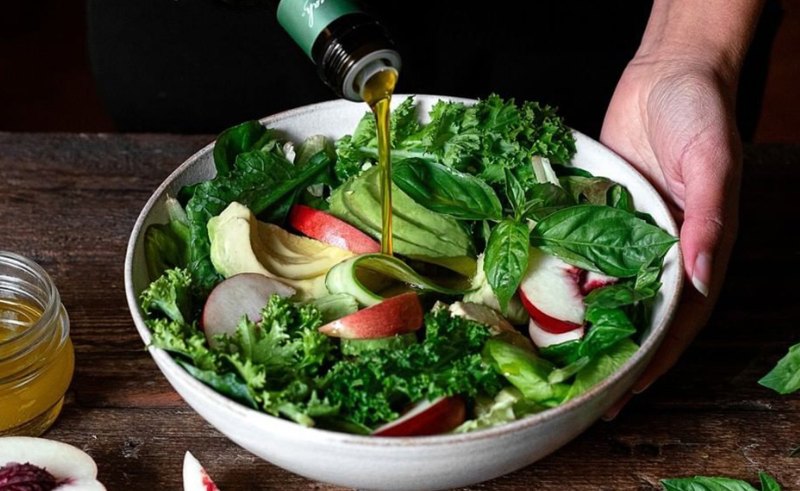 Speaking of age, the age of the olive trees on the Rammah grove - which ranges from 30 to 70 years - has unironically enhanced their wisdom. As they remain rooted in their ground for more and more time, they become more mature and more nutritious, and begin taking on distinct flavour profiles that, with careful monitoring of the olives’ fruitiness and bitterness, create an enticing landscape of olive oil flavours.
Speaking of age, the age of the olive trees on the Rammah grove - which ranges from 30 to 70 years - has unironically enhanced their wisdom. As they remain rooted in their ground for more and more time, they become more mature and more nutritious, and begin taking on distinct flavour profiles that, with careful monitoring of the olives’ fruitiness and bitterness, create an enticing landscape of olive oil flavours.
“Not many people know about what I’m telling you,” says El Shourbagy (and he’s right - we’re sitting eating our popcorn made with olive oil oblivious to the world of detail that goes into its making), “which is a fact most producers prey on, serving the consumer whatever they will consume anyway. But we rejected this idea. We fell in love with the world of olive oil and wanted you to, too.”
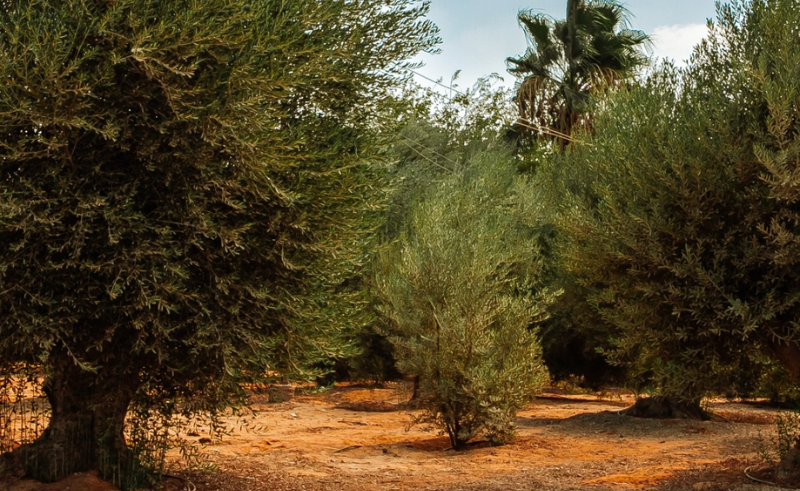 The Rammah family does not simply feed the masses exceptional quality olive oil, they also educate them about it through olive oil tastings, immersive on-grove events, and a fully interactive Instagram feed that showcases the full beauty of olive oil.
The Rammah family does not simply feed the masses exceptional quality olive oil, they also educate them about it through olive oil tastings, immersive on-grove events, and a fully interactive Instagram feed that showcases the full beauty of olive oil.
Head over heels, we fawned over the sheer meticulousness with which Rammah went about their oil production, down to packaging and storage. To preserve the quality of their olive oil, Rammah packs in small batches, carefully tucking their reservoir away in pitch-dark storage rooms, where it remains largely untouched by external factors. “Any small extraneous detail could affect the flavour quality of the oil.”
And so, Rammah’s olive oil is created - under the legacy of a loving father, nestled within the kinship of two good friends, with slow and meticulous calculations, so that it remains ever-fresh. It is somewhere between the interaction of this plethora of conditions that Rammah’s olive oil has become so very exceptional and, while we must admit we don’t completely understand how, we’re grateful for the fact that it is.
- Previous Article Italian-Palestinian Duo No Input Debuts Eponymous Electro EP
- Next Article Marrakech’s Funky Cool Medina Curates the Funkiest Coolest Finds








